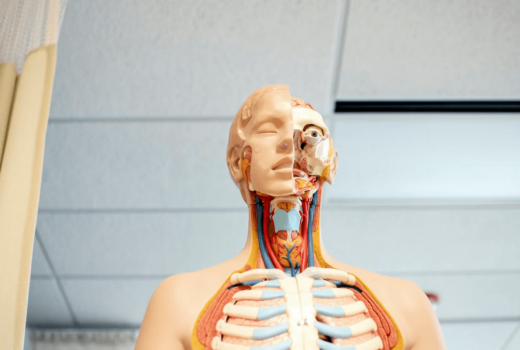De noodzaak te vergeten
“As humans we have the capacity to remember – and to forget. For millennia remembering was hard, and forgetting easy. By default, we would forget. Digital technology has inverted this. Today, with affordable storage, effortless retrieval and global access remembering has become the default, for us individually and for society as a whole. We store our digital photos irrespective of whether they are good or not – because even choosing which to throw away is too time- consuming, and keep different versions of the documents we work on, just in case we ever need to go back to an earlier one. Google saves every search query, and millions of video surveillance cameras retain our movements. In this article I analyze this shift and link it to technological innovation and information economics. Then I suggest why we may want to worry about the shift, and call for what I term data ecology. In contrast to others I do not call for comprehensive new laws or constitutional adjudication. Instead I propose a simple rule that reinstates the default of forgetting our societies have experienced for millennia, and I show how a combination of law and technology can achieve this shift”.
Viktor Mayer-Schoenberger, Useful Void: The Art of Forgetting in the Age of Ubiquitous Computing
Meest Gelezen
Vrouwen houden universiteit draaiende, maar krijgen daarvoor geen waardering
Wederom intimidatie van journalisten door universiteit, nu in Delft
Hbo-docent wil wel rolmodel zijn, maar niet eigen moreel kompas opdringen
‘Burgerschapsonderwijs moet ook verplicht worden in hbo en wo’
Raad van State: laat taaltoets nog niet gelden voor hbo-opleidingen



